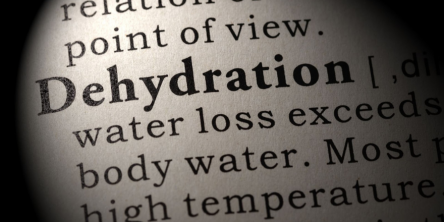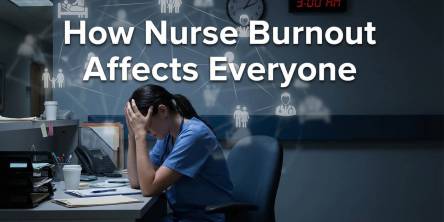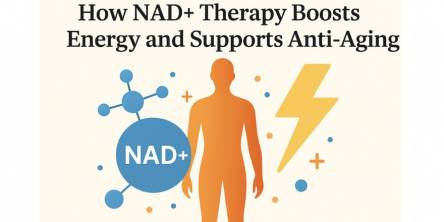Safety in Oil & Gas Industry

Oil and gas industry is one of the fastest growing industries in the contemporary world. People all over the world aim at receiving good and quality education to get in to this niche of money and success. But is that so? How is the industry today? And what are the perspectives for its development in the future?
While the exploration and production of oil and gas all over the world has always be considered the pot of gold by all countries in the world, the industry still suffered from the personnel shortage; and in this case these are not just workers at the platforms, but in fact knowledgeable engineers and professional idea providers who would make the industry develop into the new realms. Up until 2014 this huge lack of experts was one of the common challenges that companies working in solutions for oil and gas industry had to face. Today, however, people got aware about the money they can earn while working here, but the case of personal life safety remained in question for most of them.
The question of safety is common for engineers working in any realm of electronics, according to moguls of oil and gas industry. Yet, if the company follows set in stone safety requirements and can guarantee its workers proper protection, then no risk remains in place. So the question of whether to work in the industry or not is not relevant here because if you are interested in earning a living, this is a perfect industry to consider. Below you can find some statistics and advice on what safety features to look for at your work place as an engineer or “field” worker in solutions for oil and gas industry.
International Electrical Commission reminds that safety awareness among the employees of any oil- and gas-generating station is the key factor to the overall proper working conditions on the oil rig and output well. The Commission also points out at the necessity for every worker to verify reputation and working conditions at any company dealing with solutions for oil industry before signing the papers. This is the easiest way to guarantee yourself goo wellbeing in the upcoming years.
One of the most common hazards associated with oil and gas extraction takes place when a thief hatch was opened on a storage tank: this happens because of insufficient oxygen and exposure to hydrocarbon gas. In this kind of situation pretty much any system of a human body can fail, from eyes within the first seconds to lungs after some time. For this kind of exposure to avoid, a worker must take precautions in the form of special suits and covering masks for eyes and respiratory apparatus as well as professional gloves and shoes if required by the company.
In terms of general advice from workers and safety departments of oil companies, here are a few advice:
- Always inform designated personnel about the beginning and ending time of your shit.\
- Never wear anything that could spark or ignite flammable gas.
- Always check your gas monitor and calibrate it before every use. Never neglect appropriate personal protective equipment.
- Always ground yourself before getting on the catwalk. All you need is just touch a metal handrail with the bare skin.
- While working keep the main tank bleed-off valve open, if one is available.
- When around open hatches, always use self-contained breathing apparatus or supplied air respirators. Masks (full- and half-face) powered with air purifying respirators cannot provide the proper protection.
As you can see, the general safety rule for oil and gas industry are all common sense, yet only by following them withhout questioning you can and will protect yourself from any hazards present at the work place.
Similar Articles
Explore the biggest health trends that shaped 2025, from personalized nutrition to matcha and recovery—plus what wellness trends are coming in 2026.
Winter is a season when the body needs extra nourishment, warmth, and immunity support. According to Ayurveda and modern nutrition science, dry fruits play a vital role in maintaining health during cold weather.
Most people think health problems start suddenly. One day you feel fine, the next day something is wrong. In reality, most health issues develop slowly .They grow quietly in the background while life keeps moving.
The start of a new year is a natural time to pause, reflect, and think about how you want to feel in the months ahead. For those over 60, a fresh start does not mean setting unrealistic resolutions or making drastic changes.
Picture this: You're parked at your workspace, battling to focus on what should be a straightforward five-minute task. That afternoon slump? It's demolishing you today.
Joint pain and arthritis are common health issues that tend to become more intense during the winter season
Discover the benefits, challenges, and future of locum medical jobs. Learn how locum recruitment agencies support flexible, diverse career opportunities for healthcare professionals seeking dynamic work environments.
Burnout in the healthcare environment is a significant and growing crisis.
NAD+ therapy restores cellular energy, enhances metabolism, and promotes anti-aging by supporting DNA repair and improved overall vitality.









